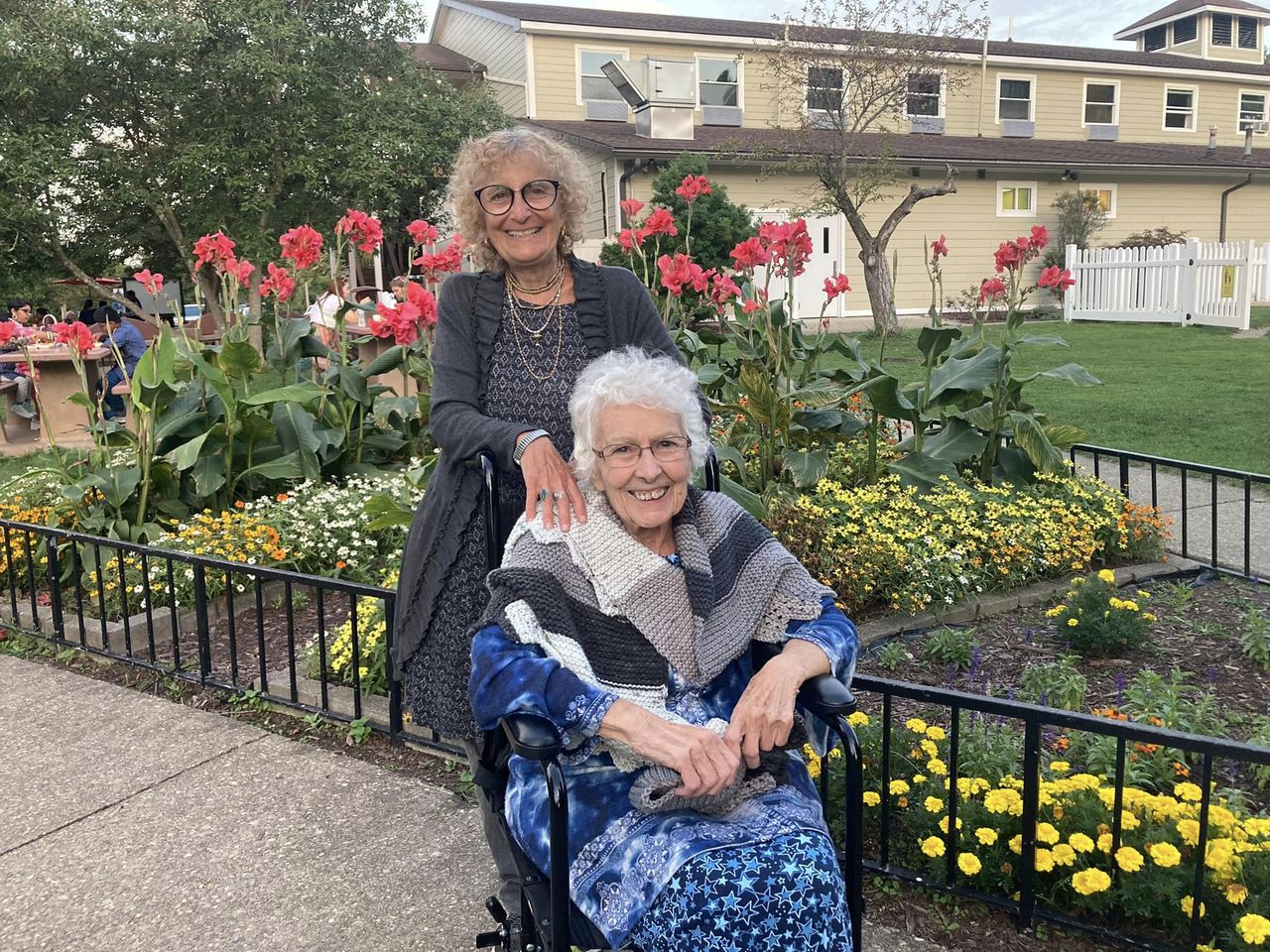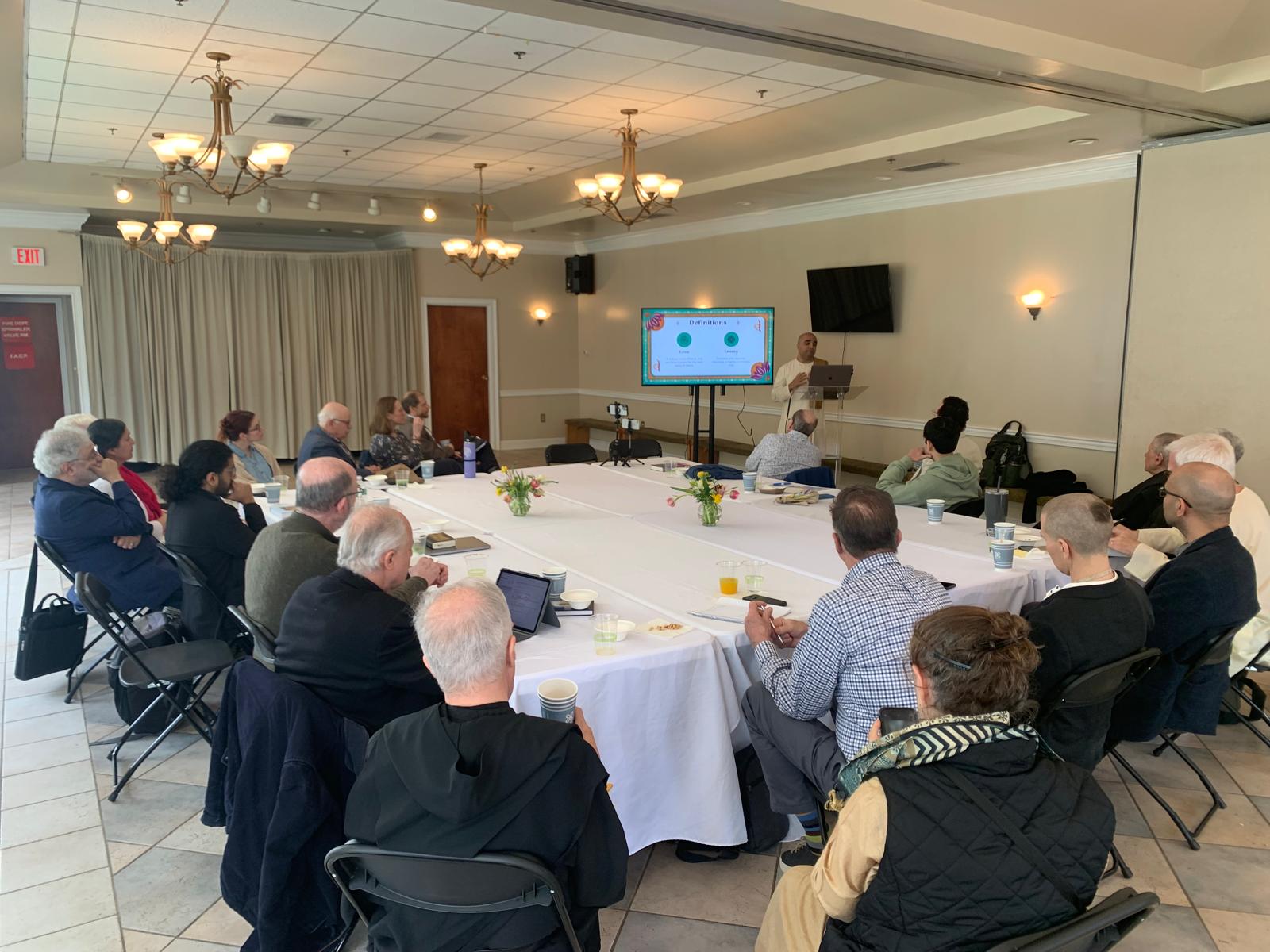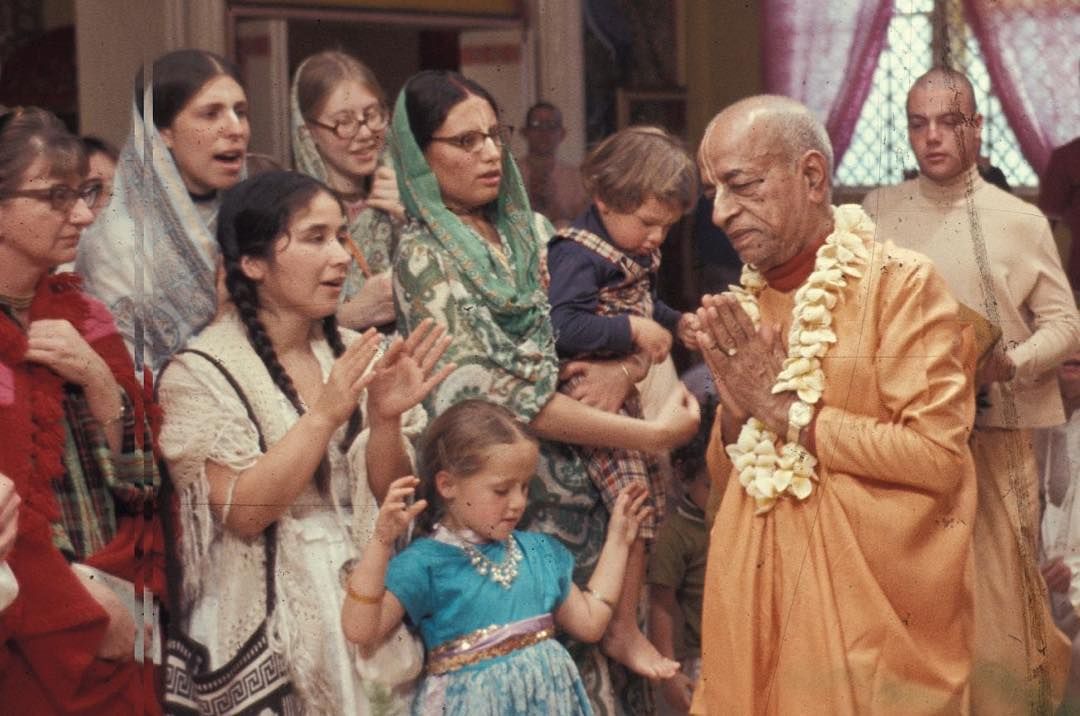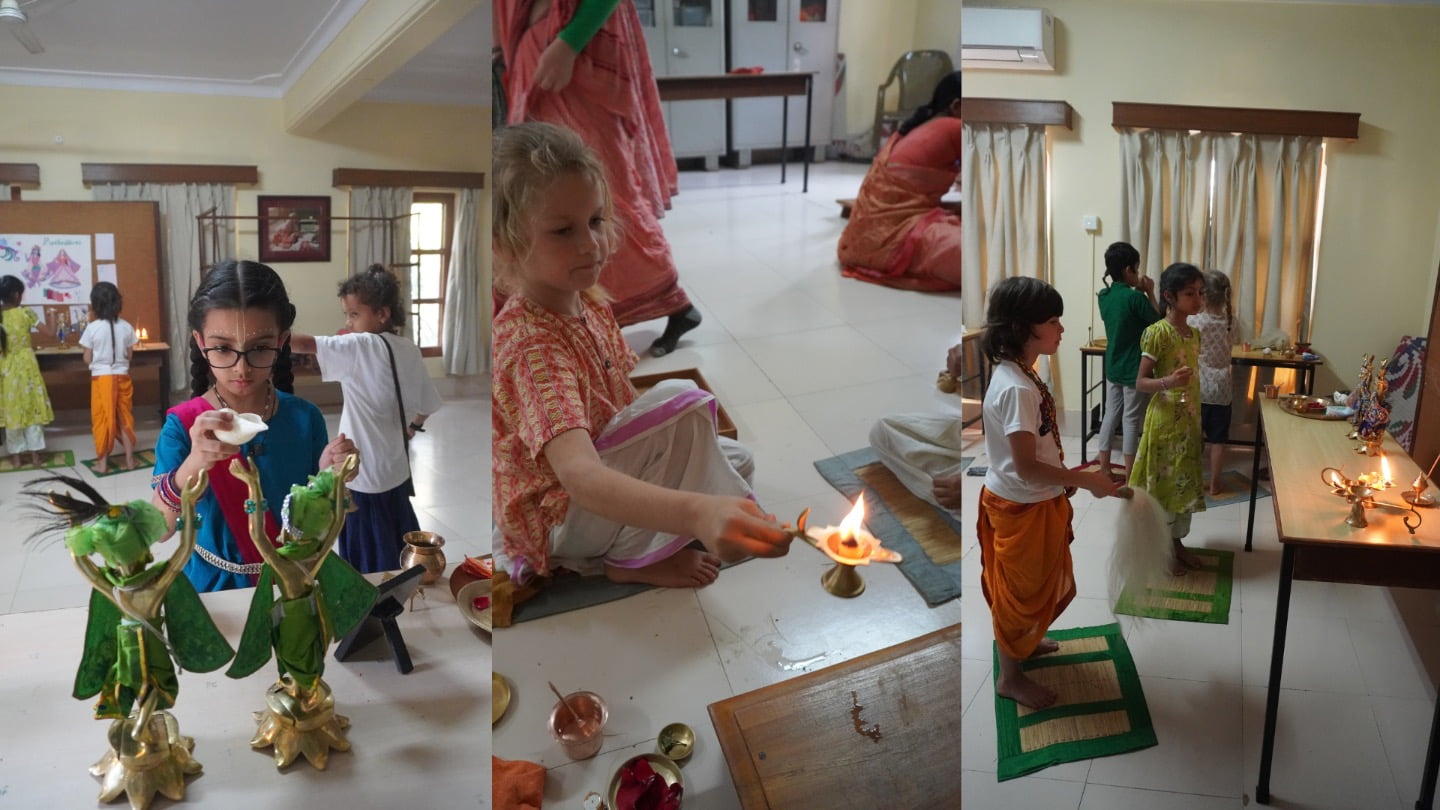Coming of Age #7 – We are ALL Students and Coaches! How to Communicate More Effectively
By Yudhisthira Dasa | Sep 02, 2023
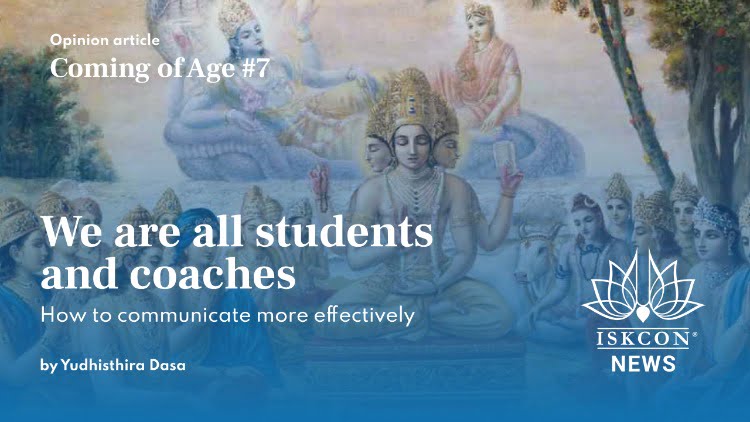
We know that the best students are open-minded, passionate about learning, listen well, take notes, seek out teachers/mentors (who are themselves committed students), and more.
However, the fact is that throughout our lives in this world, we are both students AND teachers, whether by active sharing or teaching by example. Interestingly, the qualities needed to excel in both roles are the same.
The field of communications is massive and includes a wide range of activities, ranging from self-talk (which could also include chanting) to one-on-one or group communications. It would also include social media and much, much more.
There are also thousands of books on communications and how they impact relationships, self-worth, and even public opinion. Here are just a few tips to keep in mind.
TIP #1: SRAVANAM
This is the first of what Vaisnavas call the “Nine Processes of Devotional Service.” Sravanam, or hearing, is at the top of the list, with good reason! It is interesting to note that in Sanskrit, another meaning for sravanam is reflection or contemplation. From a comprehensive study at the University of California (also presented in a book called “Silent Messages”), we learn “The 7-38-55 Rule,” which reveals that only 7% of all communication is verbal, i.e., communicated via the words we speak. Whereas the nonverbal component of our daily communication, such as the tonality of our voice, makes up 38% of all our communication. A further 55% comes from the speaker’s body language and facial expressions. Add those together, and we realize that 93% of all communication is non-verbal!
What this means is that “hearing” requires much more than simply hearing with our ears, considering that 93% of all communication is perceived without hearing anything but by using our eyes and heart as well. Many call this active listening. This explains why so many disagreements result from communication through texting or emails! We receive the texts, but we are missing 93% of what the person is really saying because the words only capture 7% of intent. This is especially true when expressing feelings. From these statistics, we learn that listening requires us to “hear” in between the words and “see” what we don’t see. This requires patience, empathy, and humble inquiry. Therefore, we can understand why sravanam comes before kirtanam (chanting and, in a broad sense, speaking). Speaking is, in essence, either responding to or repeating what one has “heard.” If our responses in conversations are limited only to the words that someone speaks or texts, we are limiting our understanding to only 7% of the original information communicated.
TIP #2: JUDGE NOT
This is a huge challenge for most of us. In fact, if you pay attention to what you are thinking while you are listening to someone, you will see your busy mind at work! Here is the science: The average human has about 70,000 thoughts each day, of which 95% are repetitive, and 80% are negative. So, if we try to replace judgment with discernment, the results can be a significant difference in our thought patterns.
The job of the mind is to either accept or reject what is presented to us. A vivid example is the difference between two prisoners’ “vision” one evening after a heavy rain. As the saying goes, “Two men looked out from prison bars. One saw the mud, the other saw stars.”
There is a famous quote on this topic from the Bhagavad Gita, Chapter 6, Verse 34, where Arjuna is speaking to Krishna on the battlefield, “For the mind is restless, turbulent, obstinate and very strong, O Krsna, and to subdue it is, it seems to me, more difficult than controlling the wind.”
I jokingly say that my own mind is like pinballs bouncing around in my head! When we combine this principle of “JUDGE NOT” with TIP #1 on sravanam, we realize our judgment can be based on as little as 7% of available information. Therefore, it is wise to listen first, then judge later or not at all.
TIP #3: DON’T INTERRUPT
The famous 1st Century BC philosopher Publilius Syrus is quoted, “I often regret my speech, but never my silence.” We all interrupt others, and sometimes with good reason. However, as a general rule, we should move towards listening more and interrupting less. My personal favorite reminder is, “Speak less, communicate more!” The statistics are that men interrupt about two times in every three minutes of conversation. It is interesting to note that women interrupt about 30% less than men.
Taking this a step deeper, alongside listening better and not interrupting, we should try to quiet the mind from judging and thinking about what we want to say. When we judge less, we interrupt less, giving us the opportunity to understand more fully what is being communicated to us. Try to be an active listener: use our ears, use our eyes, and, most importantly, use our heart. Yes, our heart does have ears!





